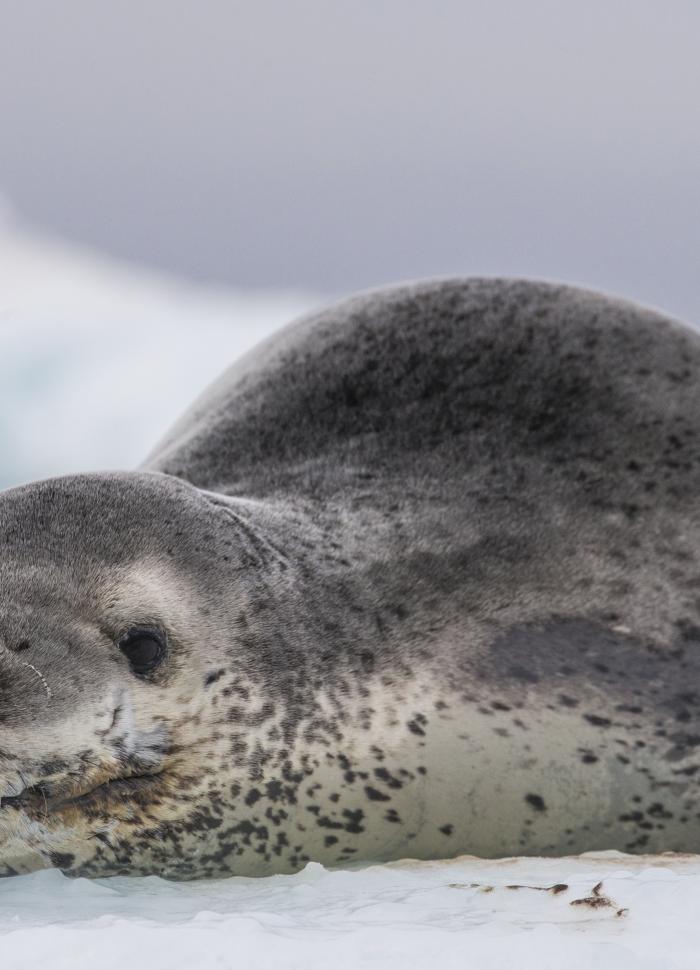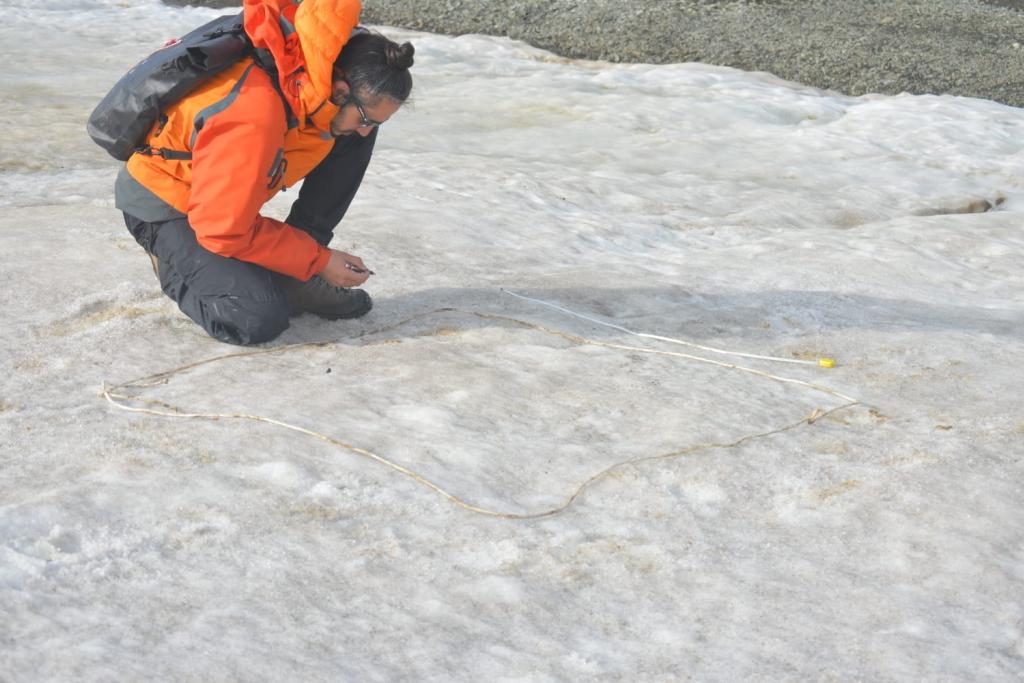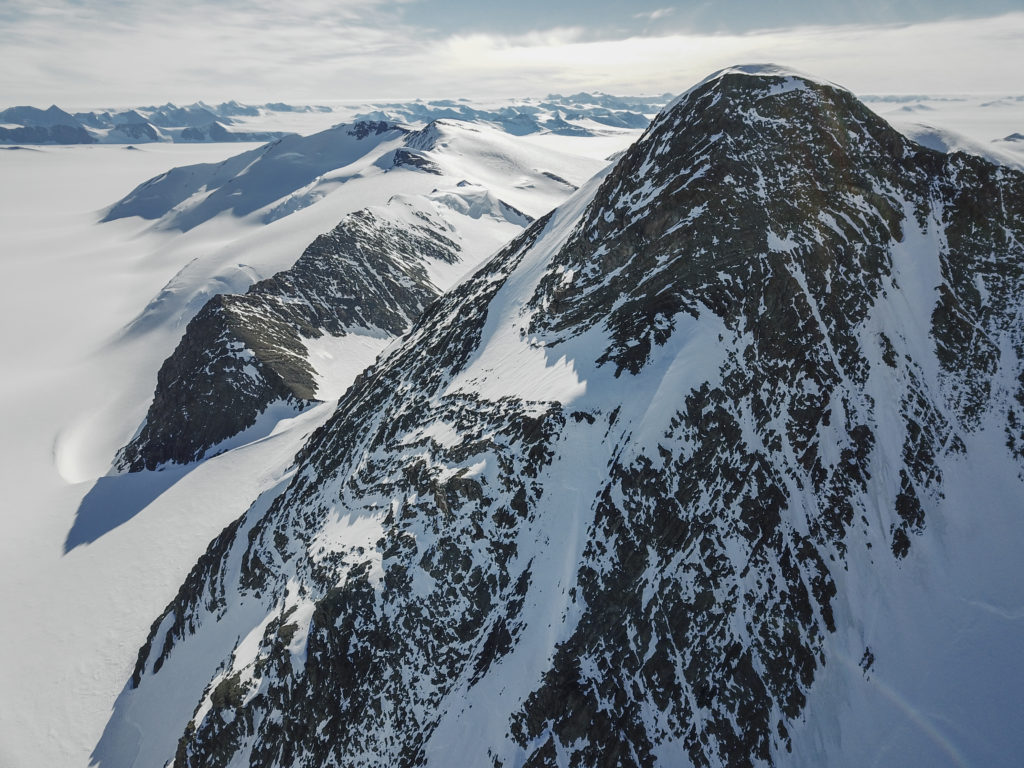
Our Mission

We strive to:
- Advocate and promote the practice of safe and environmentally responsible travel to Antarctica
- Operate within the parameters of the Antarctic Treaty System, along with IMO Conventions and similar international and national laws and agreements
- Have no more than a minor or transitory impact on the Antarctic environment
- Foster continued cooperation among our members
- Provide a forum for the international private-sector travel industry to share their expertise, opinions, and best practices
- Create a corps of ambassadors for the continued protection of Antarctica by providing the opportunity to experience the continent firsthand
- Support science in Antarctica through cooperation with National Antarctic Programs, including logistical support and research
- Foster cooperation between private-sector travel and the international science community in the Antarctic
- Ensure our members employ the best qualified staff and field personnel through continued training and education
- Encourage and develop international acceptance of evaluation, certification and accreditation programs for Antarctic personnel
Supporting Science
IAATO member companies provide logistic and scientific support to national Antarctic programs and Antarctic organizations.
With more than 200 annual departures to the Antarctic, tour vessels offer an important opportunity for researchers and science programs. Between November and March every year there are frequent departures from Ushuaia to the South Shetland Islands and Antarctic Peninsula, providing a cost-effective transport link. Specific requests for logistic or other support should be made to individual members or the IAATO Secretariat.
Each season, Antarctic tour vessels transport scores of researchers and station personnel from many national Antarctic programs. Members of the Antarctic Site Inventory Project and other conservation teams are also provided with accommodation, transport, and access to visitor sites.
IAATO members transport equipment and supplies, including materials for stations, research camps and other projects. Vessels are made available to national Antarctic programs before or after the regular tour season for charter work.
Tour operators and passengers also make direct financial contributions to organizations active in Antarctica, including the Scott Polar Research Institute, UK Antarctic Heritage Trust, Antarctic Heritage Trust, South Georgia Whaling Museum and Humpback Whale Identification Project.



Aerial view of mountains in the Larson Valley.
Since the beginning of the modern Antarctic tourism industry in 1969, the number of tourists in Antarctica has grown from a few hundred to more than 30,000 each year. Recognizing the potential environmental impacts that such growing numbers of tourism could cause, seven private tour operators conducting excursions in Antarctica joined together in 1991 to practice and promote safe and environmentally responsible travel in this remote, wild and delicate region of the world.
Currently, more than 100 Antarctica-bound outfitters are voluntary members of our organization, the International Association of Antarctica Tour Operators (IAATO). Together we have established extensive procedures and guidelines that ensure appropriate, safe and environmentally sound private-sector travel to the Antarctic: regulations and restrictions on numbers of people ashore; staff-to-passenger ratios; site-specific and activity guidelines; wildlife watching; pre- and post-visit activity reporting; passenger, crew and staff briefings; previous Antarctic experience for tour staff; contingency and emergency medical evacuation plans; and more.
IAATO is an industry group that has resolved to set the highest possible tourism operating standards in its effort to protect Antarctica. This effort is unique, and the challenge to maintain environmentally responsible tourism exists to this extent in no other region of the world. Our membership comprises ship operators, land-based operators, ship agents, travel agents, one government office and travel companies that charter ships and airplanes from existing operators.
Most of our members also operate expeditions to environmentally sensitive areas such as the Arctic and the Amazon, as well as educational excursions to all seven continents. The experience and awareness these tour operators have gained through their membership in IAATO has allowed the spirit of environmentally safe and responsible travel to extend to nearly every remote region of the world.
IAATO meets at least once a year, during which policies, procedures, challenges and tasks are agreed to by at least a two-thirds majority vote. The Executive, Finance, Membership, Marine, Bylaws, and Field Operations Committees actively participate throughout the year when decisions are at hand. When these decisions are made or changes occur, an extensive and effective e-mail network allows all of our members to be updated quickly. IAATO provides an unparalleled service to all of its members, and we are proud of our achievements.
Working in close cooperation with governments and scientific foundations, IAATO's capable representatives attend all relevant Antarctic Treaty Consultative Meetings and other pertinent international conferences throughout each year.
Antarctica represents a more profound manifestation of international peace than any other place in the world - managed in the past half-century through the Antarctic Treaty's unprecedented global cooperation of nearly 50 countries, and formally designated a "natural reserve dedicated to peace and science." IAATO has set the global precedent of best practice self-regulation in this extraordinary region. Our agreed best practices demonstrate that first-hand, environmentally responsible tourism is possible in remote and fragile wilderness areas. Our focus on protection, management and education promotes a greater worldwide understanding and protection of the Antarctic – leaving it as pristine and as majestic for future generations as it is today.
Please join us on one or more of our remarkable journeys, and help to conserve one of the finest places on earth – Antarctica.